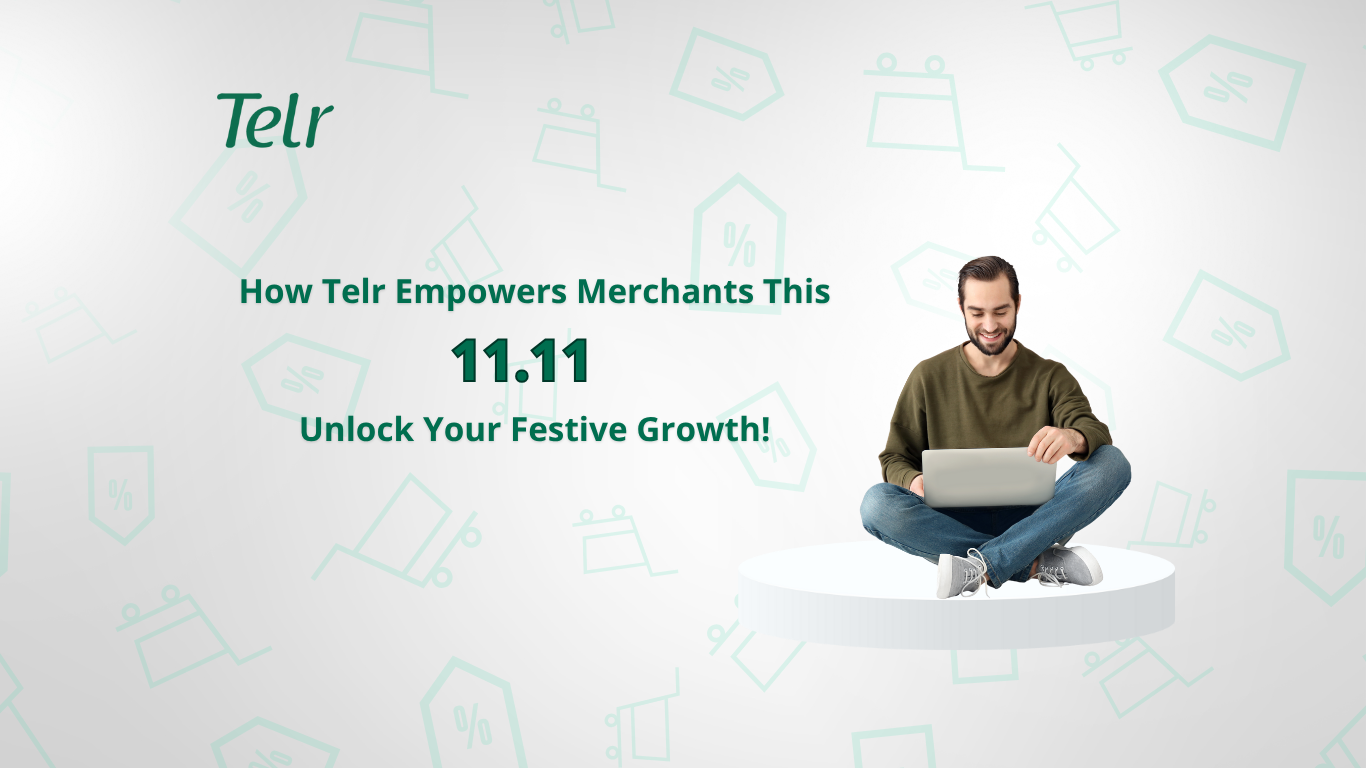
If only the mantra for every skilled and ambitious person was to “rather fail with honour than succeed with fraud”! Even in this digital age, while merchants and entrepreneurs have found easier means to grow and expand their businesses online, cunning minds have found ways to use this new environment to fraudulently separate businesses and their customers from their legitimate cash.
Furthermore, as per the Asia Pacific Fraud Survey 2017, Indians were discovered to be the most vulnerable to online attacks. The report estimates that 48% of Indians have been directly or indirectly impacted by online retail fraud.
The onus of protecting a fraud from taking place on their online store lies with the merchant. Consequentially, merchants should assume that they will be held responsible for any fraudulent activity on their online store. Inability to keep a fraud from happening on their site could result in loss of business, financial losses, and also a loss of business reputation—perhaps the most difficult to establish once lost.
HOW ONLINE FRAUD AFFECTS ONLINE MERCHANTS
To better understand the loss of business and growth opportunities for online businesses due to fraudulent transactions, let’s assume two different scenarios. These scenarios illustrate how exactly the merchant’s business would be put in jeopardy due to an absence of strong anti-fraud protections:
BEARING THE LOSS OF FRAUDULENT TRANSACTIONS
If a customer believes that their card has been used for a fraudulent transaction on a website, they can raise an alarm and flag this to their bank. If the bank agrees with the customer that the transaction is in fact fraudulent, the customer would receive their money back—and the impact of the refund in such a scenario would be borne by the merchant. Additionally, while the merchant would have delivered the goods to someone, a fraudulent miscreant in this case, they would still not receive any payment for the goods.
LOSS DUE TO A FALSE POSITIVE
In cases where a merchant’s anti-fraud mechanism isn’t sophisticated enough, genuine transactions are at risk of being declined. Thus, customers that are genuinely interested in the products being sold by the merchants are unable to make a purchase, suffering at the same time a bad customer experience. Such a scenario could be more worrisome in the long run, not only causing a loss of business to the merchants, but also affecting their overall reputation and goodwill in the market. Customers, now overloaded with choice, are quite unforgiving and would not return to a platform if they have already suffered a bad experience.
However, all is not lost for small businesses. E-commerce enablers and payment gateways have the problem of online frauds directly in their sights. They come up with the right tools and processes to ward off online frauds and help small businesses prosper online. By being vigilant, and by choosing the correct partners, online businesses are able to minimise their exposure to online frauds and focus on growing their ventures.
TOP-NOTCH ANTI-FRAUD FEATURES IN PAYMENT SOLUTIONS
With the help of the right payments solution, small merchants are able to access technology that aptly reduces the fraudulent transactions on their platform, while increasing the success rate of genuine transactions. This factor also augments the experience of genuine buyers, thus inspiring their revisits on the platform.
Here’s some of the significant features small businesses should look for in their payment gateway:
Real-time monitoring of transactions: Advanced payment gateways should be able to monitor transactions in real-time, deploying an algorithm to discover any markers of a fraudulent activity and preventing it from taking place.
Better Success Ratios: Intelligent payment gateways improve the ratio of transactions that succeed by ensuring that legitimate transactions are clearly identified and permitted to proceed, whereas fraudulent transactions are rejected.
Integrated fraud management: Payment gateways must meet the highest level of PCI DSS level of compliance. Beyond this, though, your payment gateway should integrate its own antifraud mechanisms with card scheme protections, such as CVV2/CSC, AVC and 3D Secure, providing your customers with extra layers of security.
In-house software: Lastly, ensure that your payment gateway’s anti-fraud software is built and operated in-house. This will bring you confidence that the software can be accurately and rapidly updated as different threats materialise, and adjusted to meet the needs of your online business as it grows and expands.
Recent Posts

10 Secrets Top Merchants Use to Win Ramadan & Eid from Telr

.png)


.png)
.png)








